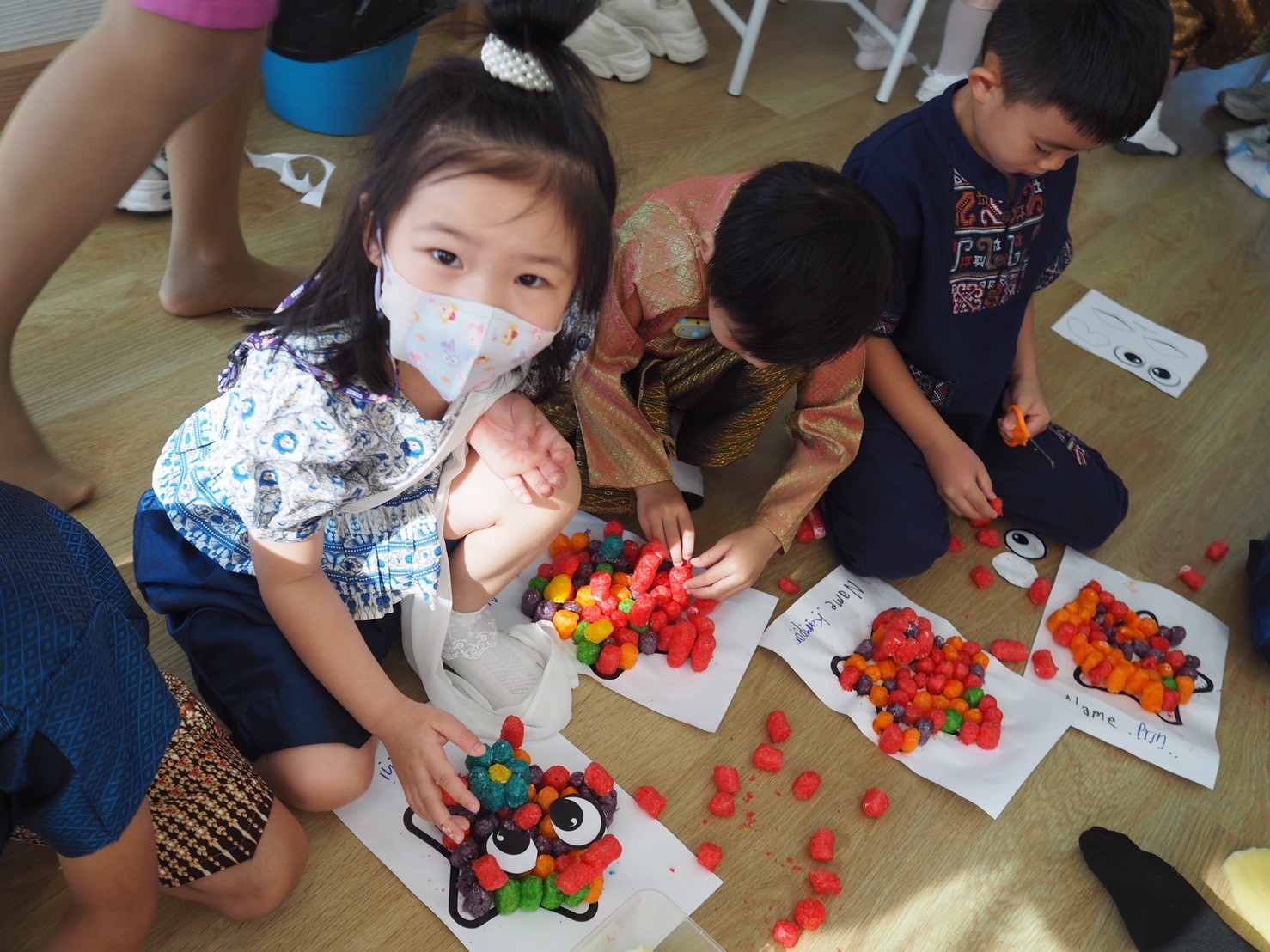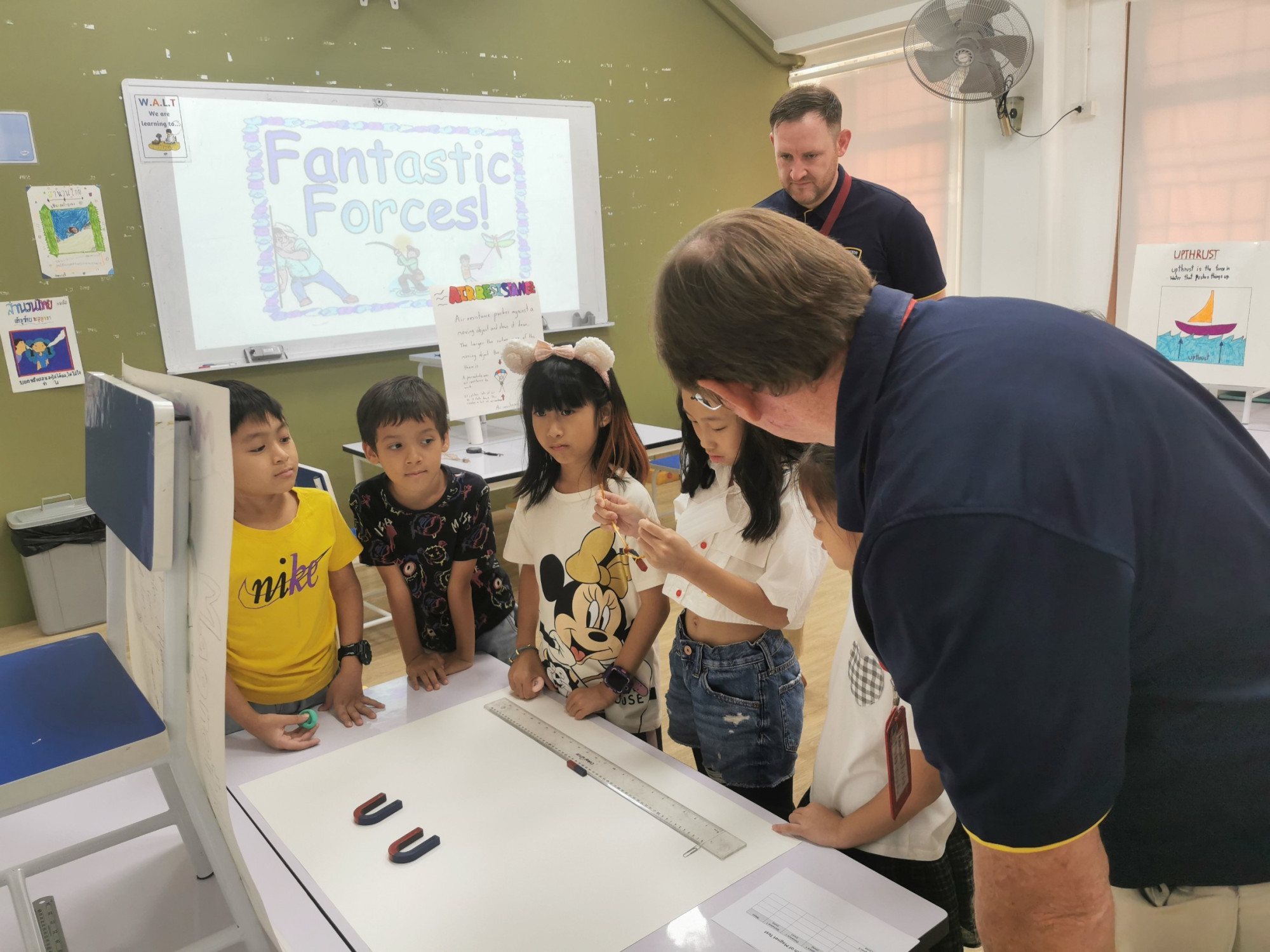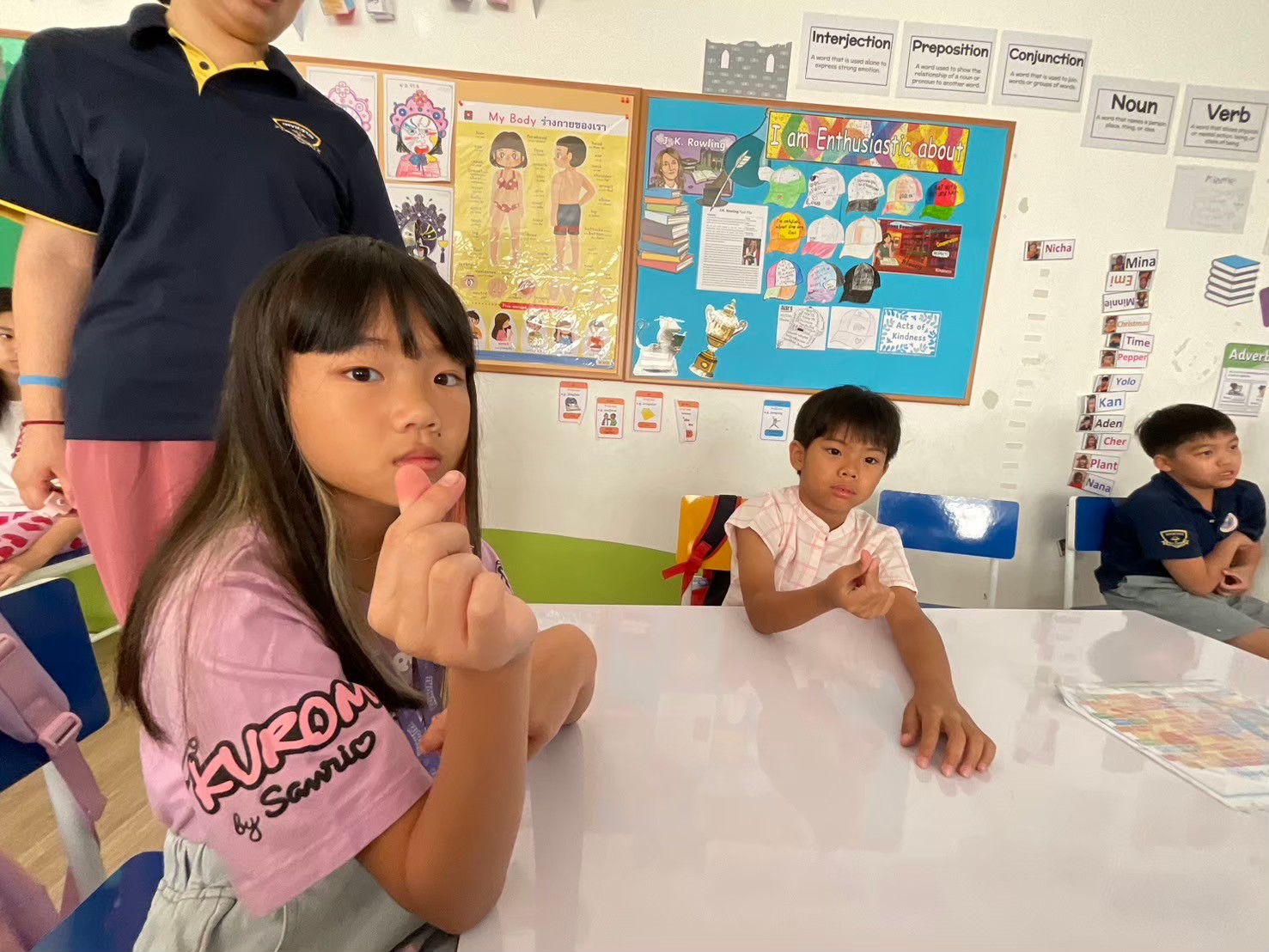Academic Staff
Transforming Students into Global Citizens: Here’s How
Transforming students into global citizens means preparing them to engage with the world responsibly and thoughtfully. It involves teaching them to appreciate different cultures and languages, while also encouraging their active participation in the global community. These skills are essential for navigating our increasingly interconnected world.
International schools play a crucial role in this transformation. They provide a diverse environment where students can learn about various cultures first-hand. This exposure helps students become more aware and respectful of different traditions and viewpoints. Understanding and valuing diversity is a cornerstone of global citizenship.
Moreover, international schools offer unique opportunities for promoting multilingualism. Learning multiple languages not only enhances communication skills but also opens up new ways of thinking. It allows students to connect with more people and understand different cultures better.
Community service is another key aspect of creating global citizens. By engaging in activities that help others, students learn about empathy, responsibility, and the importance of giving back. These experiences shape them into thoughtful, caring individuals who are committed to making a positive impact.
Lastly, technology plays a significant role in global learning. It connects students with peers and experts from around the world, providing them with a broader perspective. Using technology, students can collaborate on projects, share ideas, and learn from each other, no matter where they are.
Developing Cultural Awareness Through Curriculum

Cultural awareness is a key part of becoming a global citizen. International schools use their curriculum to help students understand and respect different cultures. Lessons include history, geography, and art from around the world. These subjects teach students about different traditions, beliefs, and ways of life.
Ways schools develop cultural awareness include:
- History Lessons: Learning about the past of different countries helps students understand cultural differences.
- Language Classes: Exploring literature and media from different languages exposes students to diverse perspectives.
- Cultural Projects: Students might research and present on various countries, sharing what they've learned with classmates.
Classroom activities are designed to make learning about cultures engaging. Students might celebrate international holidays, try foods from other countries, or listen to guest speakers. These hands-on experiences bring lessons to life and help students appreciate diversity. By learning about various cultures, students develop empathy and a broader worldview.
Encouraging Multilingualism in Students
Speaking more than one language is an important skill for global citizens. International schools encourage multilingualism by offering classes in different languages. Starting language lessons early helps students become proficient. Knowing multiple languages enhances communication and understanding between cultures.
Here are some benefits of multilingualism:
- Improved Communication: Students can talk to more people and understand different points of view.
- Better Cognitive Skills: Learning languages improves memory, problem-solving, and multitasking.
- Opportunities Abroad: Knowing more languages opens doors to study, work, and travel in other countries.
Language learning also involves cultural lessons. Students explore the traditions, customs, and history behind each language. This combined approach helps students grasp the full context and use languages more effectively. Encouraging students to practice languages in real-life situations, like speaking with classmates or pen pals, reinforces their skills. Learning multiple languages helps students connect with the world and builds a solid foundation for global citizenship.
 Promoting Global Citizenship Through Community Service
Promoting Global Citizenship Through Community Service
Community service is a powerful way to teach students about global citizenship. Helping others makes students more aware of global issues and inspires them to take action. It shows them they can make a difference, no matter how small their efforts may seem.
Types of community service activities:
- Local Volunteering: Students can help out at local shelters, food banks, or environmental clean-ups.
- Global Projects: Participating in initiatives like raising funds for international charities or pen pal programmes connects students with global causes.
- School-led Campaigns: Organising events such as charity runs or awareness campaigns engages students and the community.
These activities teach students empathy and social responsibility. They learn the importance of contributing to their community and the world. This sense of duty carries over into adulthood, shaping them into responsible global citizens. Community service also helps students develop leadership and teamwork skills, which benefit them throughout their lives.
Leveraging Technology for Global Learning Experiences

Technology plays a key role in global education. It connects students with peers and experts worldwide, making learning more interactive and meaningful. Technology allows students to explore different cultures and issues without leaving the classroom.
Ways technology enhances global learning:
- Virtual Classrooms: Online learning platforms enable students to collaborate with classmates from other countries.
- Webinars and Guest Speakers: Experts from around the globe can share their knowledge and experiences through virtual sessions.
- Educational Apps: Apps and games make learning about cultures and languages fun and engaging.
Using technology, students can participate in global projects and discussions. They can work together on assignments, share ideas, and learn from each other. Access to diverse resources online broadens their understanding of world issues. Technology also helps students stay connected, even if they are in different parts of the world. This ongoing interaction fosters a sense of global community.
Conclusion
Transforming students into global citizens is an essential goal for any international school. By developing cultural awareness, encouraging multilingualism, promoting community service, and leveraging technology, we prepare students for a connected world. These elements combine to create well-rounded individuals who are empathetic, knowledgeable, and ready to make a positive impact.
At Invictus International Pathum Thani, we are committed to this mission. Our Cambridge International Education Curriculum equips students with the skills they need to thrive globally. Discover how we can help your child become a global citizen. Reach out to Invictus International School in Pathum Thani and see the difference we can make in your child's education journey.